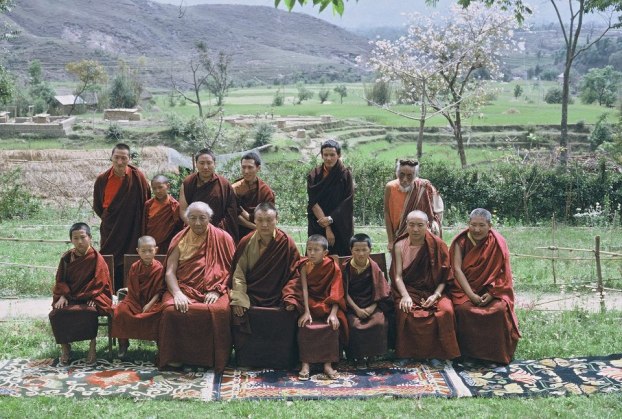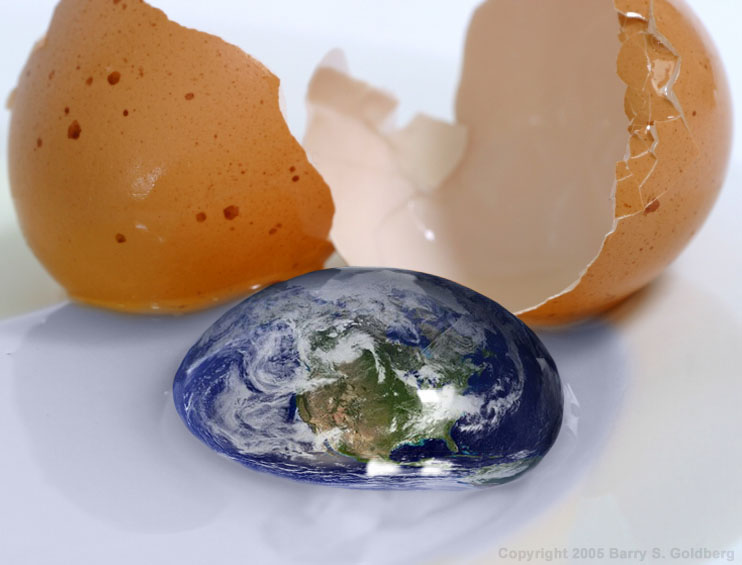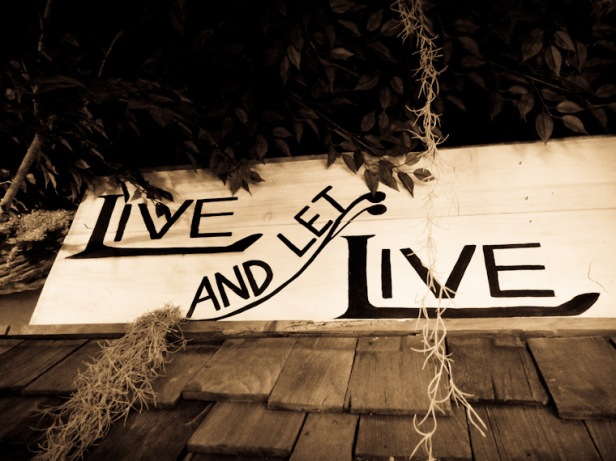
Sometimes, even on sunny Saturday mornings, I have moments when I feel like quitting.
Which is ridiculous considering how easy my life is compared with most. I have a clean, warm home; a closet full of clothes; plenty of food to eat; a job and health care and friends and family to love; and on top of all that, nobody shooting at me. That is a lot.
But still, even when life is easy, life is hard. It is hard in other ways, inside.
You see the never-ending conflict and hurts and injustices between people. You carry the guilt of collective practices that are damaging the earth. You experience and/or anticipate the inevitable pain and frustration and limitations of aging. And, in very lucid moments, you realize the immanence of your own death and the deaths of those you love.
And you just can’t help thinking…what’s the point?
When I had these days as a Christian (and I had plenty of them), I would collapse into a heap and throw myself onto the mental safety net of God’s omnipotence. I didn’t know how he was gonna do it, but I had complete faith that, somehow, someday, he would make everything right.
There is a quote by Julian of Norwich in her work, Showing of Love, referencing the ultimate end, that says, “All shall be well, and all shall be well and all manner of thing shall be well.”
I came across it in my universalist days (which turned out to be, for me, the gateway to atheism), and it brought me a lot of peace, believing that no matter how much I screwed up my own life or humanity screwed itself, God would fix it. He would make everything okay.
I would remind myself of that, and stand up, put my head down, and just keep going, and hoping.
I think the emotional need to have this fail-proof back-up plan of The-Salvation-Of-Everything is a huge part of why so many people are compelled to believe in some sort of god concept.
We don’t want to be ultimately responsible for ourselves. We want that cosmic mommy/daddy out there who will pick us up, dust us off, pay the bill, change the tire, and reassure us that everything is under control; that we are safe.
If you were lucky enough to have an earthly parent or two who did those things for you, you know as I do what a gift that is. It makes the transition into adulthood much less painful.
But it is still painful.
At some point, we all have to grow up. And growing up means learning to be your own parent: your own fixer and protector, your own last resort, your own safe place. It means being responsible for your own life.
And if you, like me, happen to not believe in a personal god with a will and the unlimited power to manipulate this reality, it also means being responsible for ALL of existence – this miraculous, inexplicable, self-existing, crazy, beautiful phenomenon that we are privileged by our consciousness to witness. It is a precious and fragile thing, life. And if there is no god, it is up to us to preserve it.
That is when things get really weighty. When you realize that.
Now, when I have those what-is-the-point days, I can’t just throw up my hands and trust that “All shall be well.”
But I can still hope. And I can act.
I read a story recently (a true one) in a book by Joanna Macy, about some Buddhist monks in Tibet who were exiled from their country by the Chinese and only decades later were allowed to return. They, their homes, monasteries, and communities had suffered terribly during the Chinese occupation of Tibet in the fifties, and seven years after returning, they were still rebuilding the center of culture and education their land had once been.
The political atmosphere, however, remained volatile. No one could predict what might happen in a year, or ten years.
The following passage from the story explains a revelation the author had while she and her husband were there in Tibet, observing the monks’ efforts, and wondering about their will to continue in the face of unlikely odds. It was revelatory for me, as well.
As we stood on the outer wall, I watched Bon-pa Tulku smile calmly as my husband queried him about Chinese policies and the prospects of another period of repression. I saw that such calculations were conjectural to him, as were any guarantees of success. Who knows? And since you cannot know, you simply proceed. You do what you have to do. You put one stone on top of another and another on top of that. If the stones are knocked down, you begin again, because if you don’t, nothing will get built. You persist. Through the vagaries of government policies you persist, because in the long run it is persistence that shapes the future.
When I have my giving-up days, now, I still do the same thing I did as a Christian: I stand back up and keep going.
It could be that in spite of my efforts, our efforts, the world may not improve much. And I’m pretty sure it’s never going to be perfect. So I’m left to choose between two evils:
I can plop my butt down and live out my days in selfish hedonism, starved for meaning and fulfillment, depressed that life isn’t the way I want it to be.
Or, I can pull myself up by the bootstraps, head back out into the fray every day, do the little bit I can in my little corner of the world, and hope for the best.
Both options are hard, and either way, life is going to suck a lot of the time.
It makes more sense to me to do the hard, sucky thing that MIGHT produce some good – some positive change that could benefit our children and grandchildren and maybe even alter the course of evolution and consciousness – than to do the hard, sucky thing that is guaranteed to find us a hundred years from now squatting in the same dark hole, or worse.
And I see enough good, enough beauty, enough creativity and awesomeness and love in humanity to make all the frustration and set-backs and agony of the journey worth it, to make life worth preserving.
I hope you do too.
Because it is not “persistence” as a vague notion that shapes the future, but persistence lived out by individual, real people – like Bon-pa Tulku, like you, like me – who together form communities and societies and countries and the human race.
If humanity is going to persist, you and I must first.










